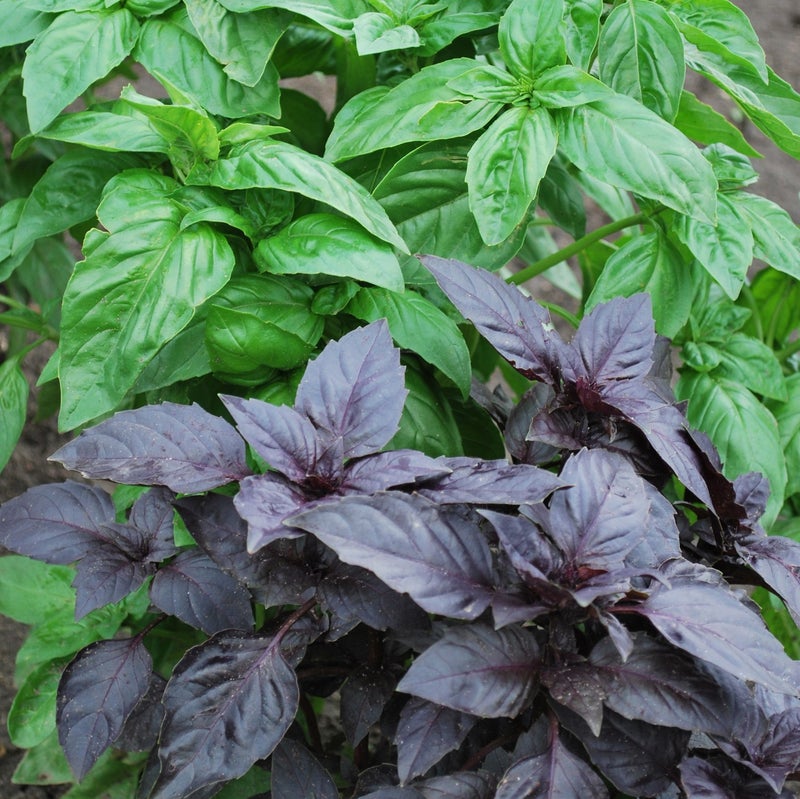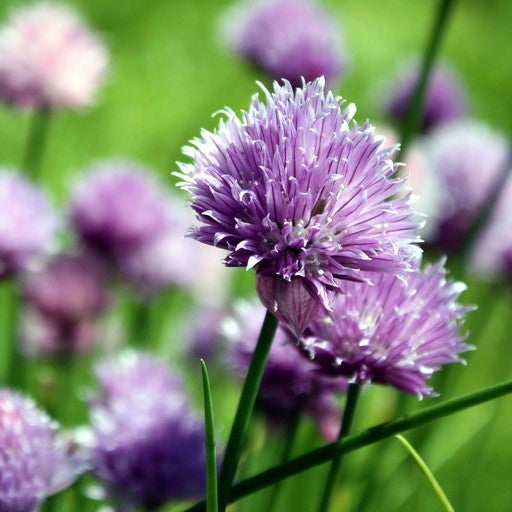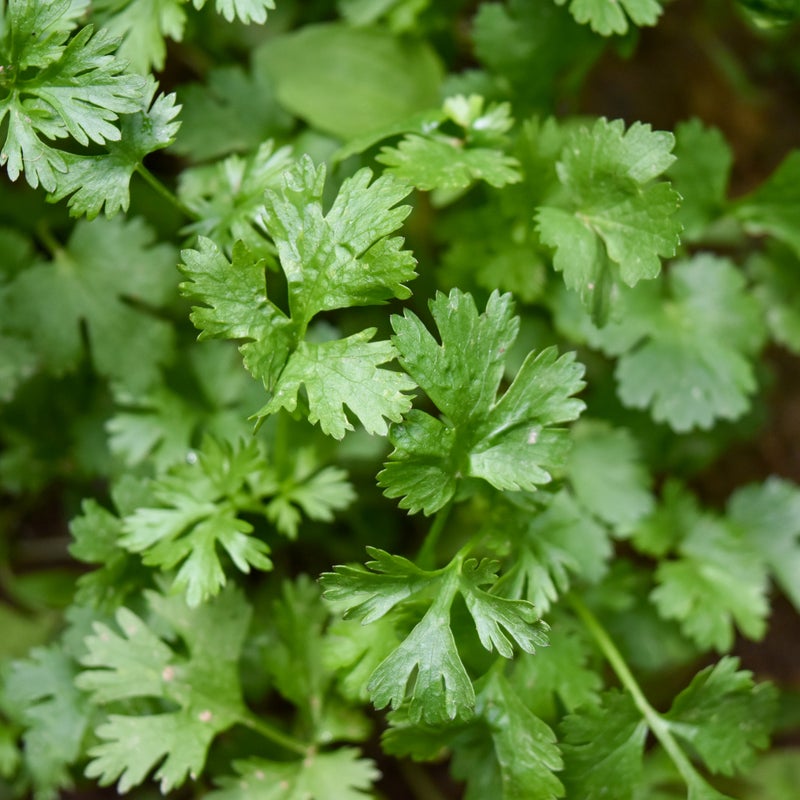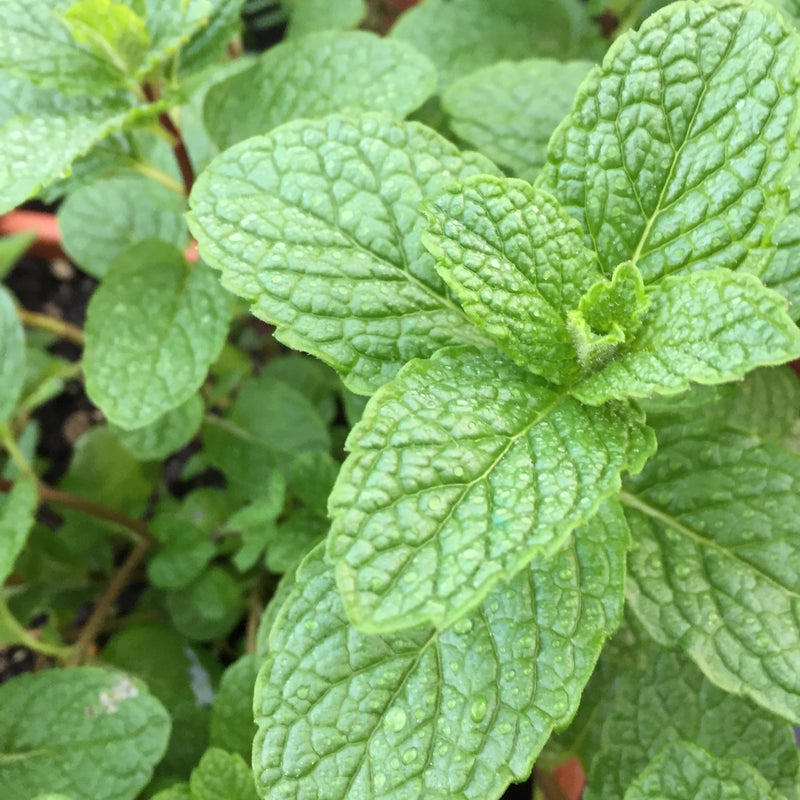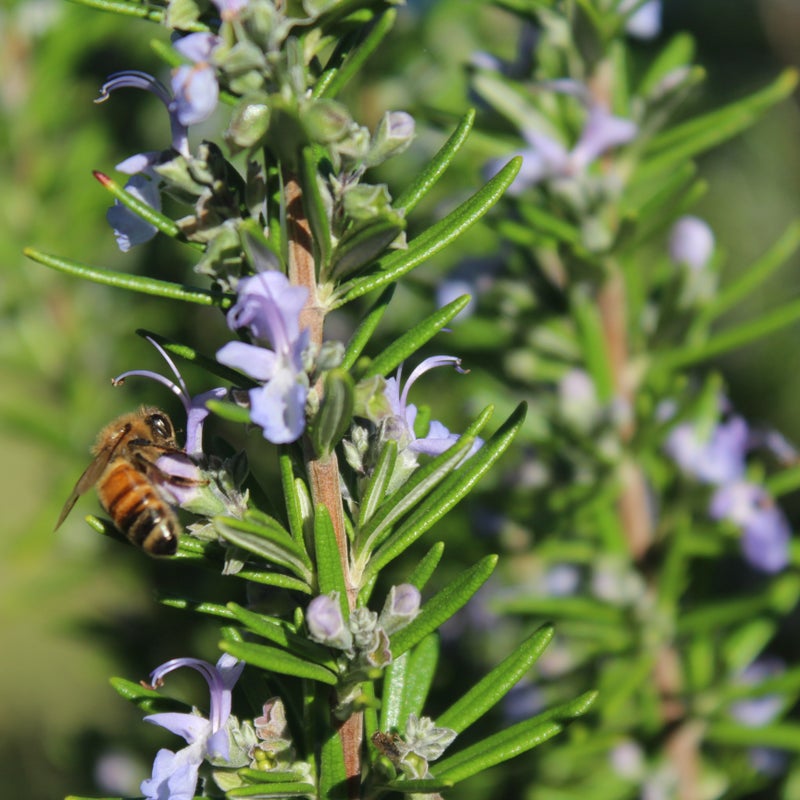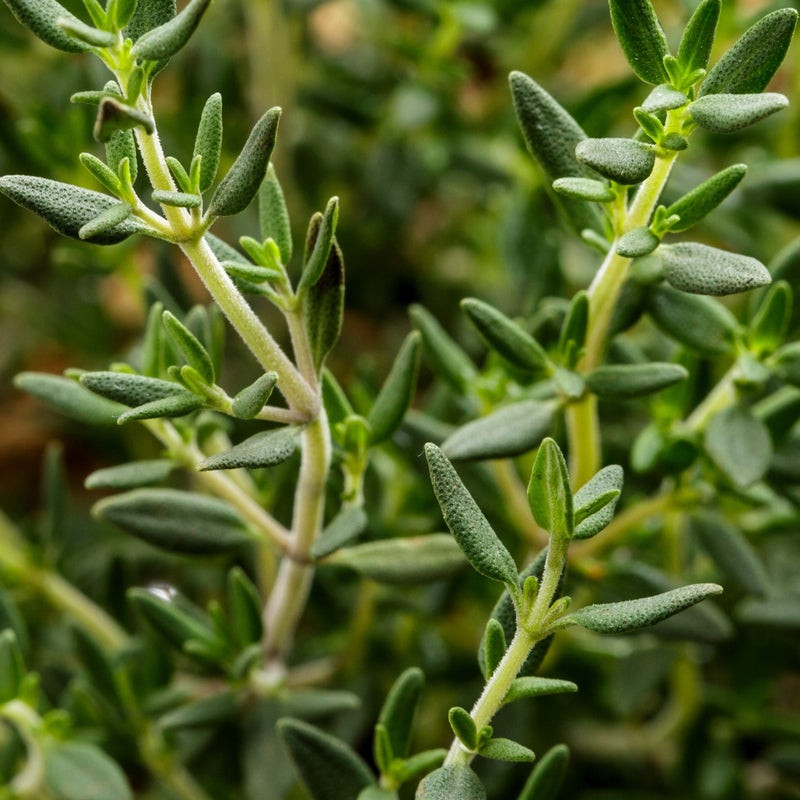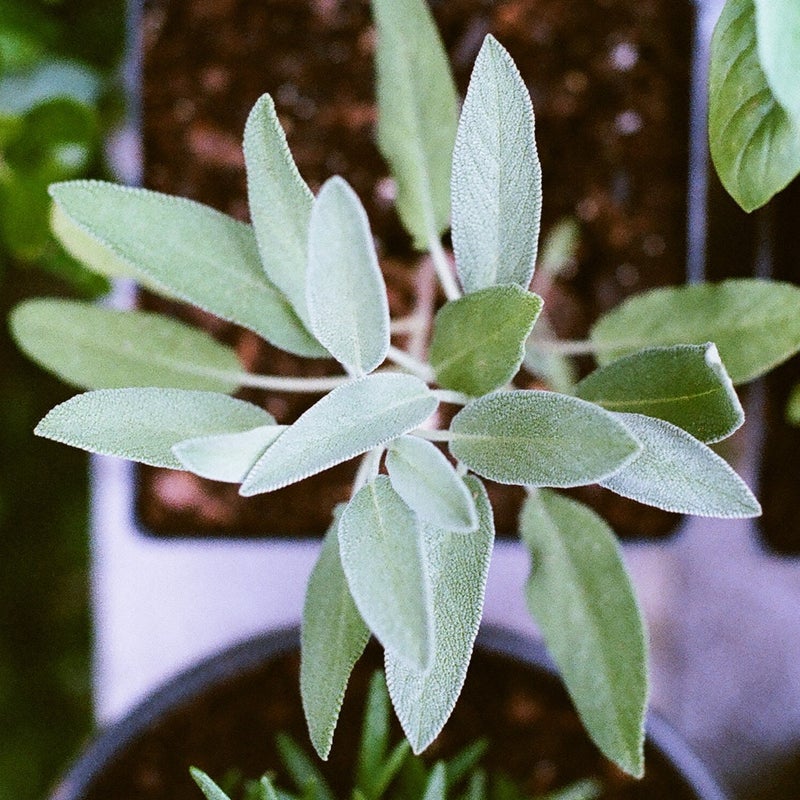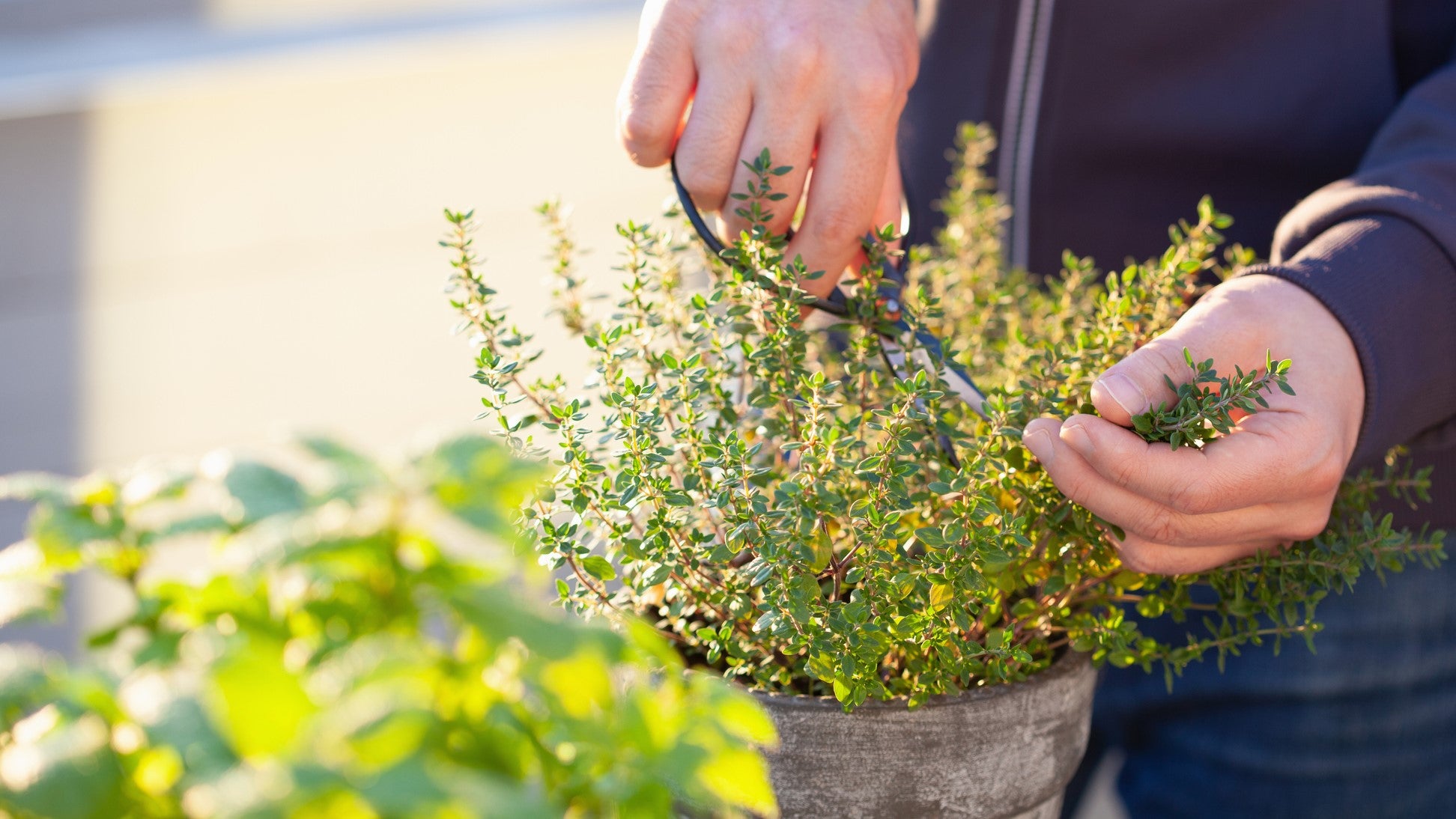
Herb Gardening
14 Jan, 2022
Wet Herbs
‘Wet’ herbs like to be in constantly moist soil, which is still free-draining.
Dry Herbs
'Dry’ herbs can withstand less watering and be in dry soil for longer once established.
Expert Tip
When starting a herb garden, make sure that it gets full sun, or at least six hours of sunlight a day.
If you are starting from scratch, we recommend you use Living Earth Organic Veggie Mix or Tui Herb Mix to fill a raised garden bed. Otherwise, top up your existing bed with Kings Organic Compost, making sure that it is at a ratio of 2 parts of your original soil and 1 part compost.
If you are growing in pots, make sure that it is a medium to large size and don’t plant too many together as they will compete for light and space. Use Kings Container Mix when planting.
Consider what type of herbs you are going to plant – and plant dry varieties together, and the same with wet varieties. Fertilise a couple of weeks after planting with Aquaticus Organic Garden Booster, and repeat once a month.
